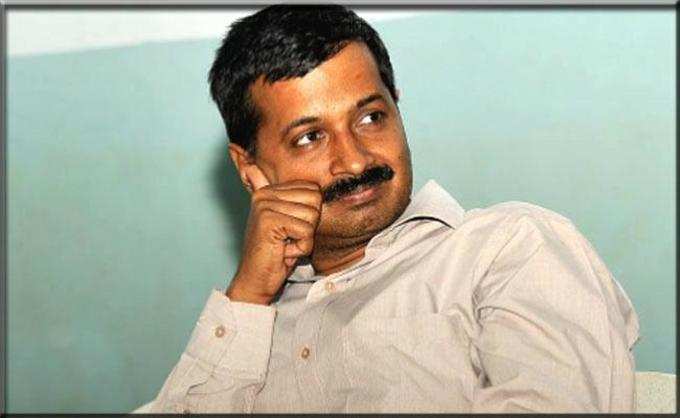 NEW DELHI: On Monday,
NEW DELHI: On Monday, There are several complexities when it comes to describing anarchism and anarchist philosophies. However, there is wide agreement on the fact that anarchism rejects all forms of state authority and embraces self-rule. The word, anarchy, is derived from the Greek "anarchia", meaning "without ruler". Some political theorists argue that the origin of modern anarchism can be traced back to the French Revolution of 1789. But the dominant view is that Pierre-Joseph Proudhon is the founder of modern anarchist theory for his work, 'What is Property?' (1840).
Vidhu Verma, who teaches at the
"A lot of what he is doing has created anarchy, but that doesn't necessarily make him an anarchist. He is closer to that position. [Kejriwal] has spoken about direct democracy instead of looking to the state for individual freedom. But I have a feeling what he said was not spontaneous. He wants to project that position," says Verma. Kavita Krishnan of the CPI (ML) believes
"They are ultimately seeking command over the police. That would be the opposite of anarchism," she says. Last week she opposed AAP defending Somnath Bharti's conduct in Khirki village, where Ugandan women were harassed. "People from the AAP, who publicly defend the party on TV, have told me privately that they are internally debating Bharti's actions. If they claim to be not like other parties, why are they defending him in public?" she asks.